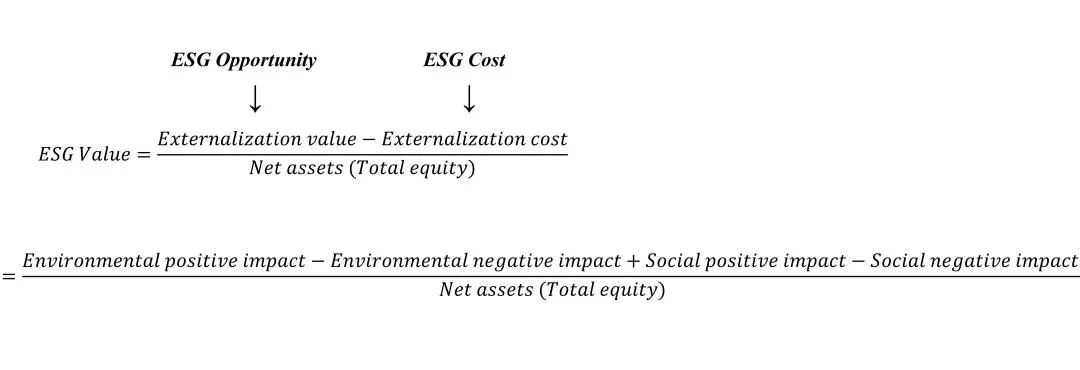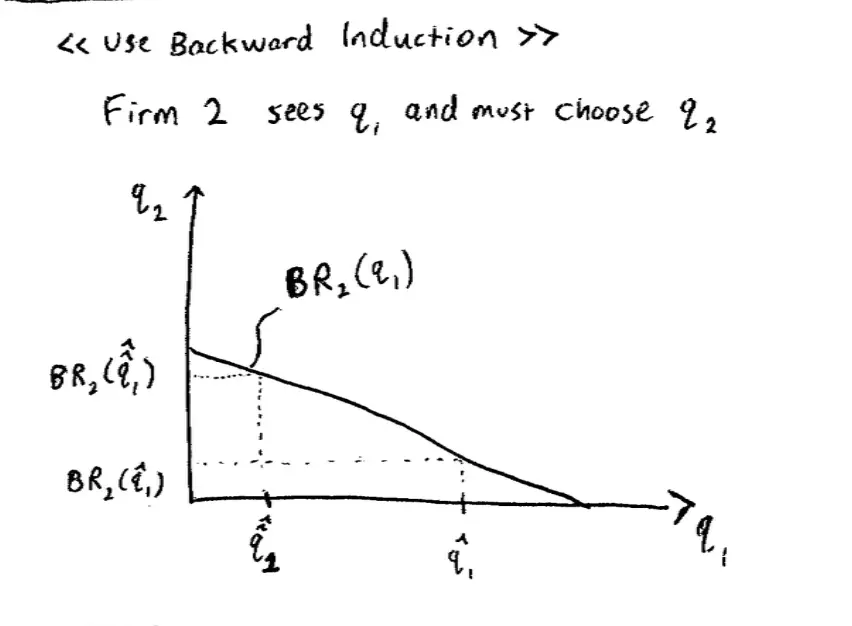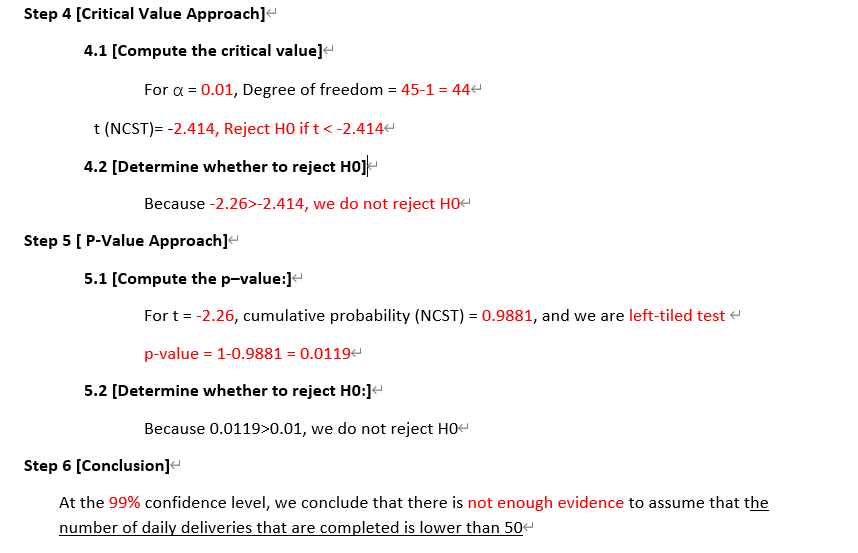Understanding the Impact of 401(k) Loan Interest Rates on Your Retirement Savings
#### 401(k) Loan Interest RateWhen it comes to planning for retirement, many individuals find themselves exploring various financial options to secure their……
#### 401(k) Loan Interest Rate
When it comes to planning for retirement, many individuals find themselves exploring various financial options to secure their future. One of the options that often comes up is the 401(k) loan. However, before diving into this financial decision, it's crucial to understand what a 401(k) loan is, how it works, and the implications of the 401(k) loan interest rate on your overall retirement savings.
A 401(k) loan allows you to borrow money from your retirement savings account, which can be a tempting option when you need quick access to cash. Generally, you can borrow up to 50% of your vested balance, with a maximum limit of $50,000. The significant advantage here is that you're essentially borrowing from yourself, and you will pay back the loan with interest.
#### How Does the 401(k) Loan Interest Rate Work?

The 401(k) loan interest rate is typically set by the plan administrator and is often pegged to the prime rate plus a margin. This means that the interest you pay on the loan is usually lower than what you would pay on a personal loan or credit card. However, it's essential to note that the interest you pay goes back into your 401(k) account, which might seem beneficial at first glance.
Nevertheless, the implications of the 401(k) loan interest rate extend beyond just the interest payments. When you take out a loan, you are reducing the amount of money that remains invested in your retirement account. This can significantly affect your long-term growth potential. For instance, if your investments yield an average annual return of 7%, borrowing from your 401(k) could mean missing out on substantial growth over time.
#### Considerations Before Taking a 401(k) Loan

Before deciding to take a 401(k) loan, it’s essential to consider several factors related to the 401(k) loan interest rate and your financial situation. First, evaluate your current financial needs and whether there are alternative solutions to your cash flow issues. While a 401(k) loan might seem like a quick fix, it may not be the best long-term solution.
Additionally, you should also consider the repayment terms. Typically, you must repay the loan within five years, although this period can be extended if the loan is used to purchase a primary residence. If you leave your job before repaying the loan, the outstanding balance may be due immediately, which can lead to financial strain or penalties if not managed correctly.
#### The Long-Term Impact on Retirement Savings

The 401(k) loan interest rate is just one aspect of the broader picture when it comes to your retirement savings. It’s vital to understand that while you may be paying yourself interest, you are also potentially jeopardizing your retirement funds. The money you withdraw is no longer working for you in the market, and this can lead to a significant shortfall in your retirement savings.
In conclusion, while the 401(k) loan interest rate may appear attractive, it is essential to weigh the pros and cons carefully. Consider your long-term financial goals and the potential impact on your retirement savings. Consulting with a financial advisor can provide valuable insights and help you make an informed decision that aligns with your financial future. Remember, your retirement savings are critical for your future, and making the right choices today can lead to a more secure tomorrow.